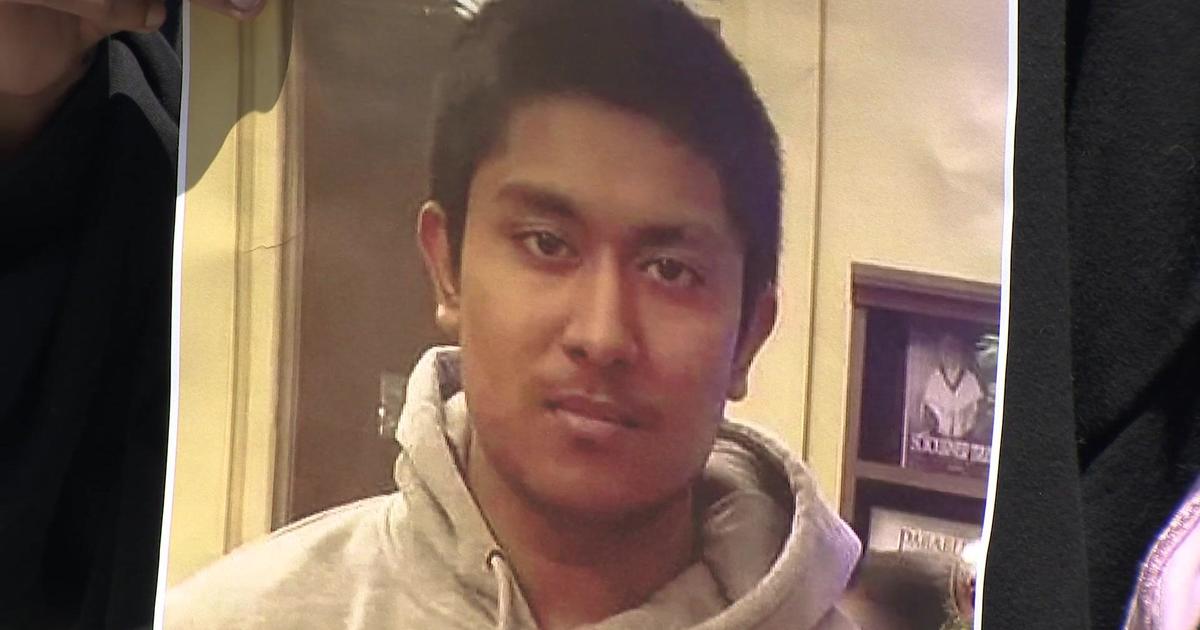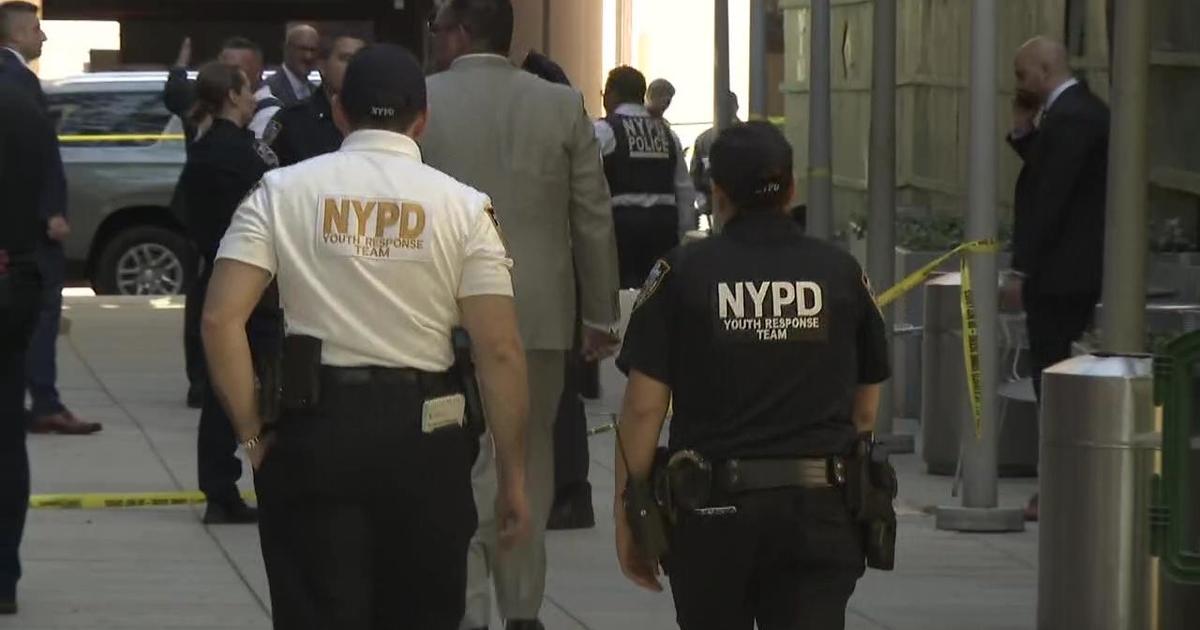Extreme weather photographer from Queens shares warning signs after suffering stroke
NEW HYDE PARK, N.Y. -- A Queens man whose day job gets him up close and personal with extreme weather opened up Thursday about a very different kind of brush with danger -- his recent stroke.
The normally healthy, active storm-chaser is sharing the warning signs.
Scott McPartland is used to terrifying moments. The 50-year-old from Rego Park is an extreme weather photographer. Last spring, a different kind of storm stuck. It was also captured on camera, but inside his living room.
"Aside from documenting the weather, I inadvertently documented my own stroke, because it happened in front of my security cameras," McPartland said.
While vacuuming, he felt anxious and then collapsed.
"All that came out of my mouth was compete gibberish. It was losing the entire English language in seconds," McPartland said.
"Whenever I've storm-chased with him I've always been confident that he knows what he is doing. But I knew something was really, really wrong, and that's why I knew to seek help right away," added his wife, Cecelia Morgan.
READ MORE: Long Island teacher Steven Malinowski shares story of recovering from stroke at 23
An ambulance rushed McPartland to LIJ-Forest Hills, where he received clot-busting medication.
"If you are able to treat a stroke victim within the first hour of stroke, that's the golden hour. At that point, there is maximum chances of saving the brain cells," said Dr. Rohan Arora of LIJ-Forest Hills.
McPartland's full recovery demonstrates how minutes matter.
"Each minute is 2 million neurons, loss of 2 million brain cells," Arora said.
Doctors then discovered a storm was brewing inside his heart -- a tiny hole between the chambers, which they repaired.
"It shows how quickly it could happen and to not ignore any signs. If it doesn't feel right, it probably isn't," McPartland said.
This sort of heart defect actually exists in 1 in 4 people. It doesn't mean everyone needs to be tested for it, but it does mean everyone should be aware of the symptoms of a stroke.
"You could be in very good shape, healthy, doing everything that you are doing every day, but if you have stroke symptoms, which is sudden onset of weakness, face drooping, difficulty speech, and, the most important thing that Scott said, it doesn't feel right," Arora said.
In this calm after the storm, doctors credit his quick-thinking wife for calling 911.
"Rightfully said it's time to go to the hospital, rather than just waiting it out," said Northwell Health cardiologist Dr. Avneet Singh.
"The stoke was the scariest thing I've been through in my life," McPartland said.
That's coming from someone who lives close calls every day.
A stroke can happen at any age, as doctors say 15% of victims are under age 55.




